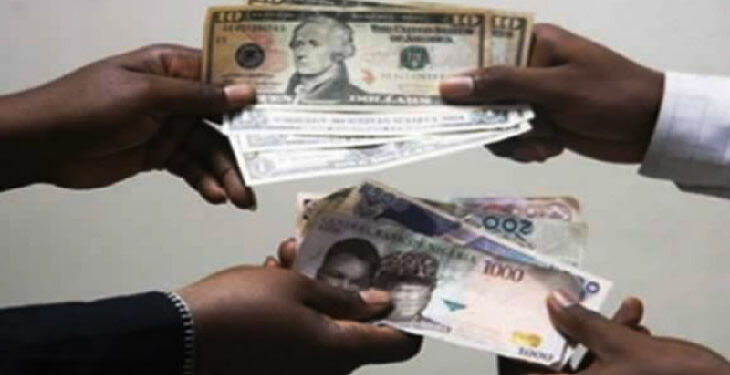The Nigerian naira hit a new all-time low of N1,534/$ on the official Nigerian Autonomous Foreign Exchange Market on Monday. This represents a 3.93% fall from the N1,476.13/$ closing rate last week Friday, according to FMDQ Exchange, an official foreign exchange trading platform.
This official rate marks the lowest since the Central Bank of Nigeria floated the national currency in June 2023. In contrast, at the parallel market on Monday, the naira traded between N1,480 and N1,490. The parallel market has seen the local currency trading higher, especially since the FMDQ revised its methodology for calculating the official exchange rate, leading to the naira’s depreciation.
The change in methodology in calculating the official exchange rate resulted in the naira’s depreciation from over 900/dollar to over 1,400/dollar. In December, the naira surpassed the N1000/$ mark on the official window, hitting an all-time low of N1,099.05/$ on December 8. It closed at N1,043.09/$ on December 28, 2023, and N1,089.51/$ on January 9, 2024. The naira experienced another record low of N1,348.63/$ on January 30, 2024, following the FMDQ’s methodology review.
Meanwhile, dollar sales by banks dropped by 56.58% to $253.77 million on Friday from the peak of $584.53 million on the first trading day after the CBN ordered banks to sell excess dollars in the official FX market. Over the week, commercial banks collectively sold a total of $1.97 billion.
Bureau De Change operators in Abuja quoted buying rates for the greenback at N1,480 and selling rates at N1,503, with a profit margin of N23. The fluctuating exchange rates underscore the ongoing challenges in Nigeria’s foreign exchange market.
























